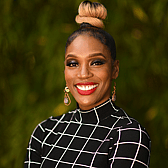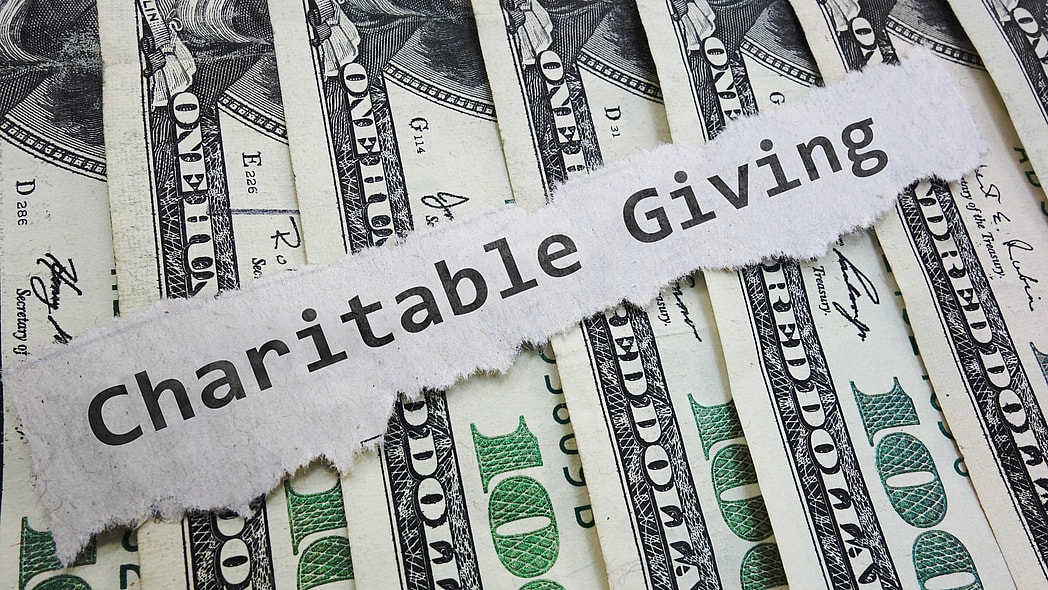Editor’s note: The following article is an op-ed, and the views expressed are the author’s own. Read more opinions on theGrio.
The names Madam C.J. Walker and Dr. Jacqueline B. Copeland may not be as well known as Rockefeller or Gates, but they are part of a long legacy of Black philanthropy. Even though Black Philanthropy Month was celebrated in August, it is still important to remember that we must build on this legacy by reclaiming the word “philanthropy” and seeing ourselves as powerful philanthropists.
Black Americans are already exceptionally charitable. A recent report found that, compared to other racial and ethnic groups, we donate a more significant portion of our wealth, individually and collectively. Despite the persistent racial wealth gap, Black households give approximately $11 billion to community-based organizations annually—to causes as diverse and important as climate action, healthcare, voting rights reform, and so much more.
Nearly all of the $471 billion donated each year to charity goes to just 5 percent of all nonprofits, leaving 95 percent of the sector overlooked and underinvested. In the U.S., communities of color receive just 8 percent of philanthropy. Black charitable giving plays an important role in diversifying philanthropy—a sector that has historically concentrated power among very wealthy, mostly white, men.
The truth is that anyone can be a philanthropist by giving even a small amount of their treasure, time, talent or testimony. But despite our documented generosity, Black people don’t always see themselves as philanthropists. Growing up, I wasn’t exposed to traditional ideas of philanthropy, nor did my family refer to themselves as philanthropists. But they instilled in me the importance of having and showing love for others—and that’s what philanthropy means. Literally, from the Greek root, it means: “love of humanity.”
Aside from schools and churches, one of the main ways that Black Americans engage in community-based giving is through giving circles. These are groups of people who pool donations and collectively decide how to allocate the funds. Giving circles have tripled over the last decade and in the last 20 years have engaged at least 150,000 people and given away as much as $1.29 billion.
Black giving-circle donors have a firsthand view of our communities’ unique needs. This insight allows us to support grassroots organizations that larger donors often overlook, using our collective giving power.
I joined my giving circle, HERitage Giving Fund based in Dallas and the first Black giving circle in Texas, four years ago. Like so many urban cities, Dallas is truly a tale of two cities. To the north, you see the sprawling mansions and predominately White, wealthy neighborhoods where a cup of coffee costs as much as an Uber ride. And to the south, you’ll find tight-knit, predominantly Black and Brown communities where the average household income is lower than the zip code.
Before joining HERitage, I understood these income disparities in my city—but I didn’t fully grasp the resource disparities for Black-led nonprofit organizations, especially those led by Black women. In our giving circle, we learn from each other as Black women and philanthropists, finding commonalities in our beliefs, our missions, and our hopes for the future. The impact of collective giving means that my $500 turns into a combined $13,000 alongside my sisters and friends. Since our founding in 2017, HERitage Giving Fund’s 50 members have given more than $100,000 in unrestricted funding to 16 organizations here in Texas.
I’m floored by the direct impact we’ve had on the organizations we support, which often serve communities in South Dallas, where I live. For example, Soul Reborn, an astonishing organization led by the indomitable Cheryl Polote Williamson, transforms the lives of disenfranchised, under-served, and previously incarcerated women. They’re a two-time HERitage grantee and because of that long-standing relationship, I’ve had the delight of watching Soul Reborn grow to serve more than 10,000 women in their leadership and training programs.
Another grantee of ours, The GEMS Camp (Girls Exploring Math and Science), sits close to my heart. Founded in 2010, The GEMS Camp hosts STEM summer programs for girls in North Texas. GEMS’ work is very important as women of color represent only 5% of STEM workers. Thanks to their advocacy and programs, many girls, including my 13-year-old daughter who hopes to be a science teacher, will have the opportunity to be exposed to STEM careers. You can’t be what you can’t see, right? Now imagine if organizations like The GEMS Camp didn’t exist. And this is what it’s all about for me—community looking out for community and working together to support our own and make a meaningful impact right in our backyard.
As I look ahead to the future of philanthropy, I hope that Black women, men, girls, and boys—no matter the generation—recognize the power we hold individually and collectively and start viewing ourselves as the powerful philanthropists we are. Funding just 5 percent of solutions is not nearly enough to overcome the challenges we face. In the other 95 percent are diverse causes, leaders, and approaches that can help us reshape a more just, equitable and loving society. But to reach them, we need to change the culture of philanthropy itself and that starts with us first seeing ourselves as philanthropists and getting involved.
Black Philanthropy Month has come and gone, but our community needs us now more than ever. Get out there, gain an understanding of the issues going on in your neighborhood, find your village, activate your power and roll up your sleeves. Our collective giving is a path to our collective prosperity, so let’s get to work!

Tyeshia “Ty” Wilson, recently announced to the 2022 Black Women Give Back List, is a spirited entrepreneur, philanthropist, and social good advocate living in Dallas. Chair-Elect of the HERitage Giving Fund, Mrs. Wilson also serves as Director of Engagement for Philanthropy Together, a global nonprofit democratizing and diversifying philanthropy by strengthening and scaling collective giving.
TheGrio is FREE on your TV via Apple TV, Amazon Fire, Roku, and Android TV. Please download theGrio mobile apps today!


